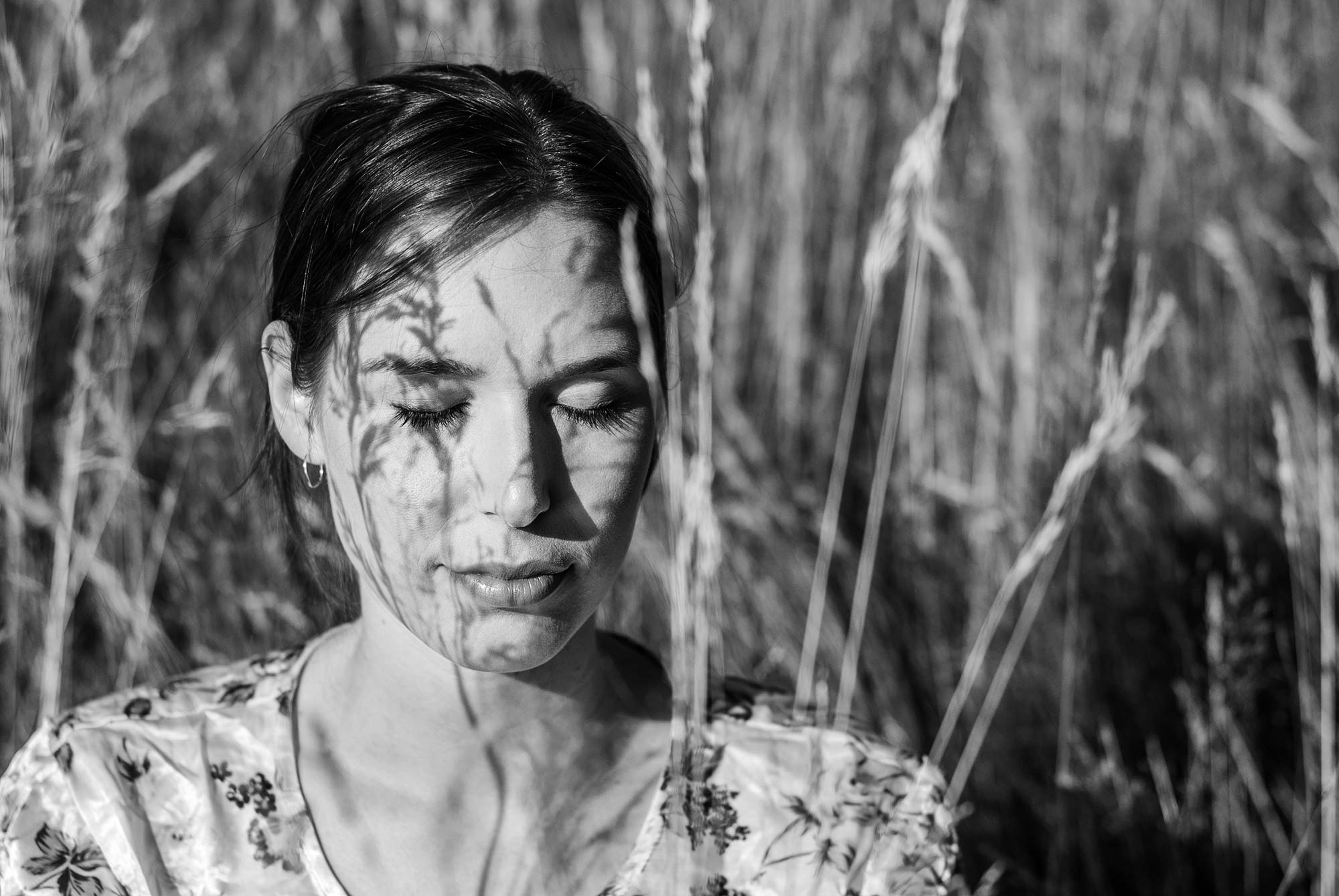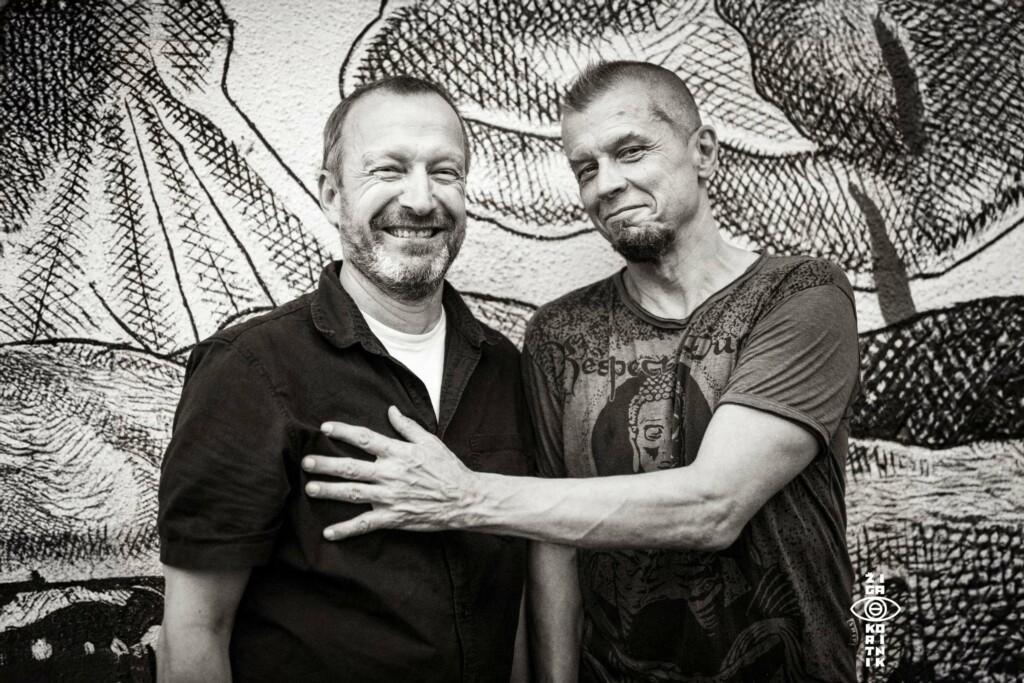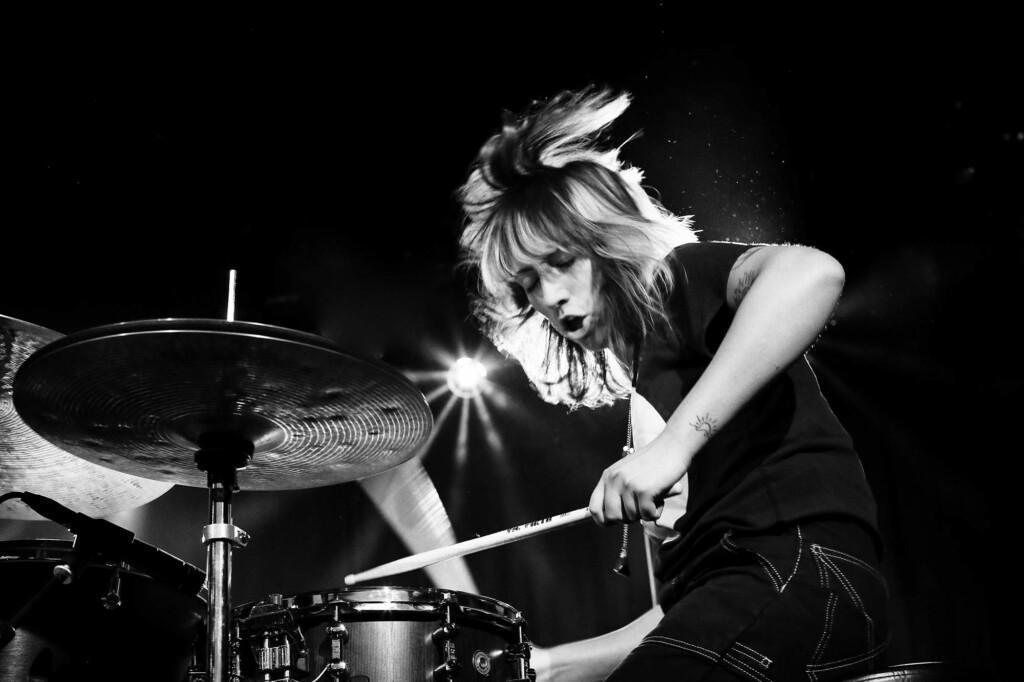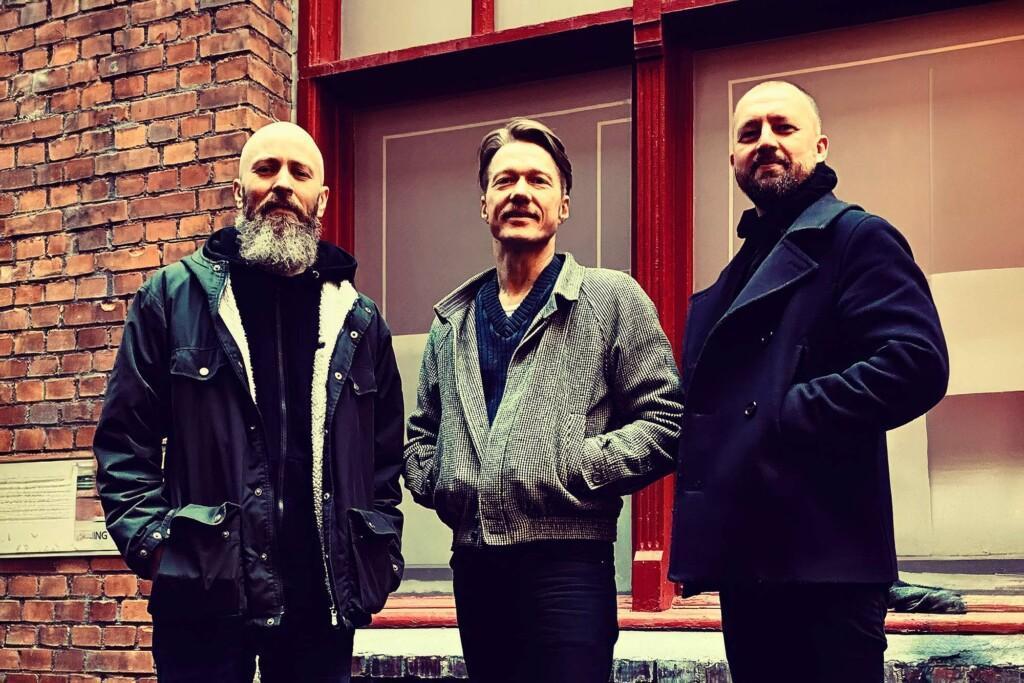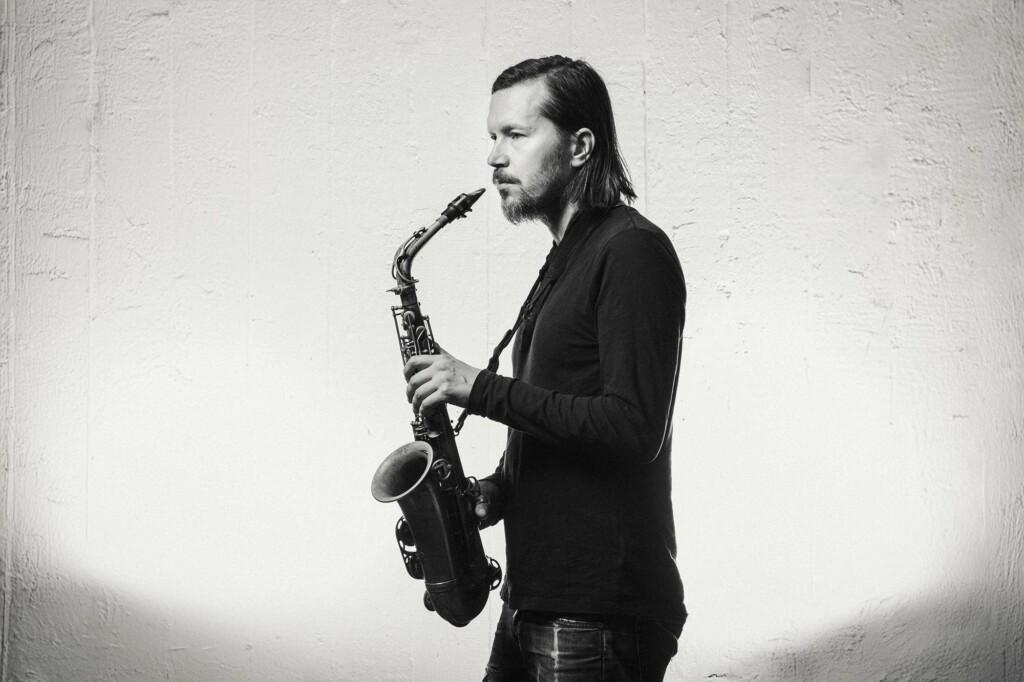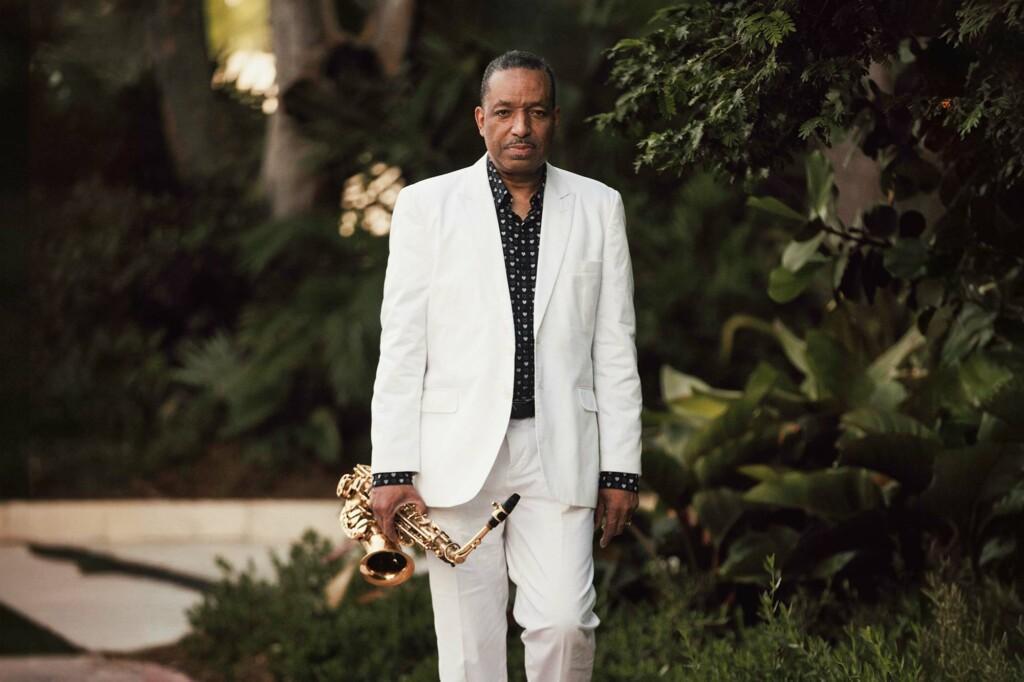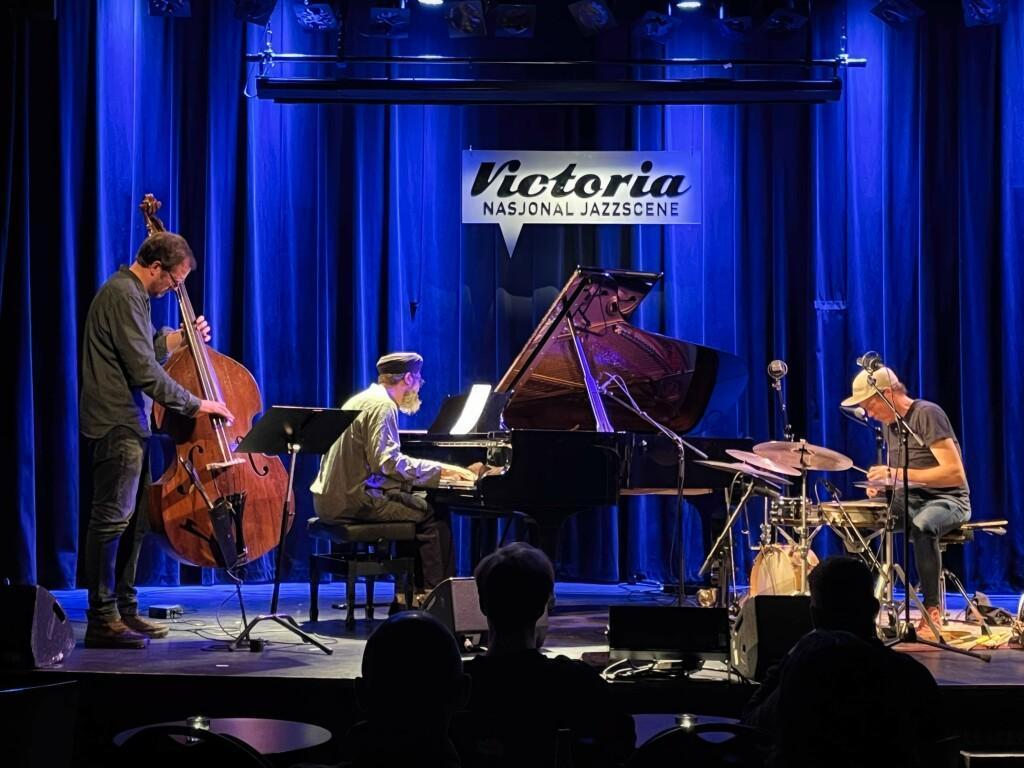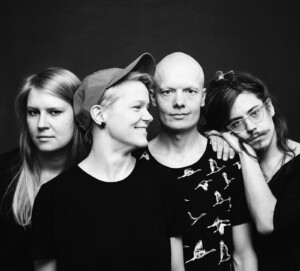For violinist Silva Kallionpää, it is important to make music with respect for its roots. A new album is on the horizon, and we might hear a taste of it already in Tampere.
What’s happening?
I’m doing really well! We’ve been able to play gigs at a steady pace and the band is in great form. Looking forward to the Tampere Jazz Happening – a wonderful festival!
Why violin and why jazz – what is your relationship with it? Or is it too restrictive to call you primarily a jazz violinist?
I don’t remember how I chose an instrument at the age of 7, but from an early age the Pop & Jazz Conservatory offered opportunities for ensemble playing and improvisation training.
In my teens I really got into jazz and listened to Coltrane, Art Blakey & The Jazz Messengers and Miles on CDs borrowed from the library. Since then, I’ve also learned to enjoy jazz violinists, my favourites being Stuff Smith, Regina Carter and Ola Kvernberg. Although for me the violin is first and foremost a tool of expression, over the years it has also become part of my identity, almost like an extension of my hands.
I don’t see being called a jazz violinist as limiting, quite the opposite. Although you can hear a wide range of influences in my music, I think it is above all my love of jazz music that has the most holistic effect on my approach to playing. Jazz is fascinated by rhythm, improvisation, interaction between players and the idea of freedom.
You have your own quartet, performing music you have composed. What conditions, if any, does the violin as an instrument set for a composer and soloist? And what are the possible advantages of the violin over other, much more common jazz instruments?
The violin is an acoustic instrument that does not emit an endlessly loud sound. In a band environment, this requires a special sense of dynamics from the other players and a skilled sound engineer.
I like the soft, woody sound of the violin and the way it plays in combination with the various instruments in the band. You can get a lot of different sounds out of the violin with different techniques, such as plucking the strings.
I’m lucky to play with highly skilled and attentive musicians in my band. I find that, at its best, the acoustic nature of the violin and the resulting sensitivity to dynamics makes the music more interesting and opens up new perspectives on composition.
Is your music first and foremost music for you, or is there a wider ambition behind making and playing it?
I was shy as a child, and music is a means of self-expression and a way for me to be seen and heard in the world. Music is a universal language that brings people together. It is a timeless and fundamental part of humanity.
At the same time, I believe that no art can be completely detached from its time and the structures of society. Historically, jazz has been the culture of the black population at a time when they have been brutally oppressed and equality has still not been achieved. I try to make music that respects its roots and also reflects my own position as a music maker as a white, prosperous Finn.
In our own time, I would like to promote gender equality in an increasingly male-dominated jazz scene. I myself have grown up admiring and listening to mostly male musicians as my role models. It would be great if women or people of other genders were inspired by my music.
What’s going to happen? What does the future look like?
The band and I are planning to make a new album, for which I am currently still composing material. Maybe we’ll hear some samples at the Tampere show!
Silva Kallionpää Quartet
Saturday 4 November 2023 at 19.00
Telakka

